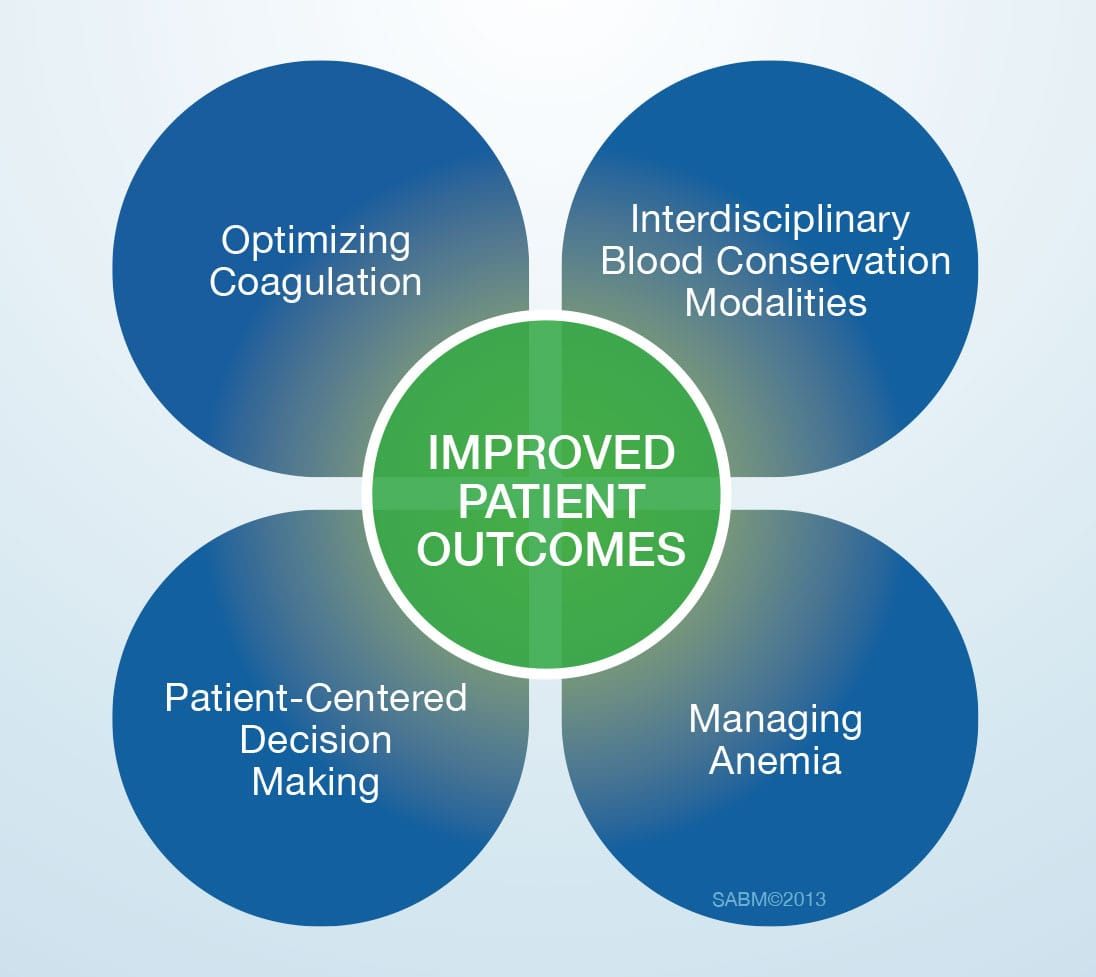In recent years, the healthcare industry has witnessed a surge in the use of big data to improve patient outcomes. Big data refers to the vast amounts of information that is collected, stored, and analyzed to uncover patterns, trends, and insights that can greatly influence medical research, diagnosis, treatment plans, and overall patient care.
Enhanced Diagnosis and Treatment
One of the significant benefits of leveraging big data in healthcare is its potential to enhance the accuracy of diagnosis and treatment plans. By analyzing large volumes of patient data, such as electronic health records (EHRs), lab results, and medical imaging, healthcare professionals can identify patterns that help identify diseases earlier and determine the most effective treatment options. This enables healthcare providers to deliver personalized medicine to each patient, supporting better health outcomes.
Predictive Analytics and Preventive Care
Big data analytics also plays a crucial role in predicting potential risks and outcomes, allowing for proactive and preventive healthcare. By analyzing past patient data, researchers and healthcare professionals can identify factors that contribute to the development of certain conditions. This enables them to implement preventive measures based on individual health profiles, reducing the chances of disease occurrence, and promoting long-term wellness.
Improving Patient Safety and Quality of Care
With the help of big data, healthcare providers can improve patient safety and the overall quality of care they deliver. By analyzing vast amounts of data on adverse events, medication errors, and patient feedback, hospitals and medical facilities can identify areas for improvement. This data-driven approach supports better decision-making, leading to reduced medical errors, improved patient satisfaction, and ultimately better patient outcomes.
Real-time Patient Monitoring and Management
Advancements in technology have made it possible to monitor patients in real-time and collect vital health data continuously. By incorporating big data analytics into remote patient monitoring devices, healthcare professionals can gain valuable insights into patient health trends, detect anomalies, and intervene promptly when necessary. This enables early intervention, preventing severe complications and providing timely care to patients, even outside traditional healthcare settings.
Challenges and Considerations
While big data has enormous potential in healthcare, there are several challenges and considerations that need to be addressed. The primary concern revolves around data privacy and security. Healthcare data contains highly sensitive information, and safeguarding patient confidentiality is of utmost importance. Striking a balance between data accessibility and privacy is crucial to ensuring ethical use of patient data in research and analysis.
The Future of Big Data in Healthcare
The future of big data in healthcare is promising. As technology continues to advance, the integration of artificial intelligence (AI) and machine learning with big data will further enhance healthcare outcomes. AI algorithms can analyze vast amounts of data, facilitating better decision-making, diagnosis, and personalized treatment plans. Additionally, the use of wearable devices and sensors will enable continuous data collection and population health management at an unprecedented scale.
Conclusion
Big data has revolutionized the healthcare sector, offering immense potential to improve patient outcomes. By harnessing the power of data analytics, healthcare providers can enhance diagnosis and treatment, predict potential risks, improve patient safety and quality of care, and monitor patients in real-time. However, it is crucial to address challenges surrounding data privacy and security to ensure ethically responsible use of patient data. The future of big data in healthcare looks promising as advancements in technology continue to shape the industry and pave the way for better patient care.
